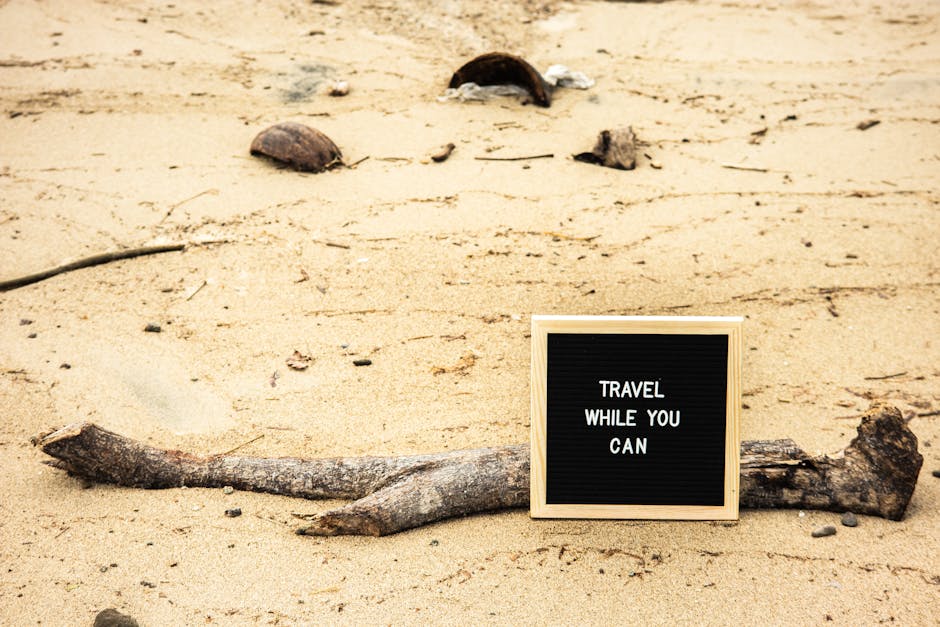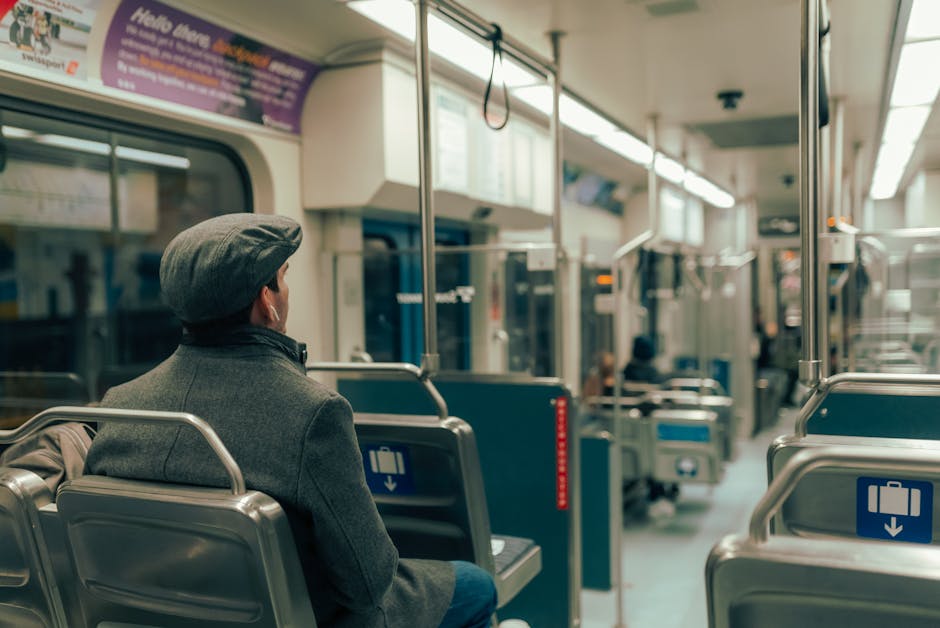**
We’ve all been there. Scrolling through social media, another friend posts a breathtaking photo from the Swiss Alps or a sun-drenched selfie from a Santorini sunset. The pang of wanderlust hits hard, followed by the reality of flight costs and dwindling bank accounts. That dream vacation remains, for many, just a dream.
But what if you could have the pictures without the price tag? A Meta employee creates an AI app that deepfakes the dream vacation you couldn’t afford, and it’s poised to change your social media feed forever.
What is PhotoVoyage? The AI App for Faking Your Travels
Enter “PhotoVoyage,” a new, paradigm-shifting AI application developed by a software engineer from Meta’s own ranks as a personal project. This isn’t your clunky, old-school Photoshop job. Using sophisticated generative AI, this app allows users to create hyper-realistic vacation photos in exotic locations without ever leaving home.
The app promises a new level of digital illusion, designed to let anyone participate in the visual storytelling of travel, regardless of their budget.
How the AI Deepfakes Your Dream Vacation
The process behind PhotoVoyage is deceptively simple. Users upload a handful of their own pictures—a few selfies, a full-body shot—and select a dream destination from a curated list.
* Want to be seen sipping a cappuccino outside the Colosseum in Rome?
* Fancy a picture of yourself trekking the Inca trail to Machu Picchu?
The AI gets to work. It intelligently analyzes your facial features, body type, and even the lighting from your original photos. It then seamlessly integrates your likeness into an entirely new, AI-generated scene. The result is shockingly convincing: the lighting on your face matches the Tuscan sun, your shadow falls correctly on the Parisian cobblestones, and there are no tell-tale jagged edges. It’s a flawless digital fabrication of a memory you never made.
From a Meta Employee’s Side Project to a Viral Debate
The app’s creator, a Bangalore-based Meta engineer who wishes to remain anonymous, stated the app was born out of a desire to “democratize the social currency of travel.” He noticed the pressure and FOMO (Fear Of Missing Out) generated by glamorous travel posts and saw his app as a tool for creative expression and harmless fun. It’s for the student who can’t afford a gap year or the young professional saving for a down payment instead of a trip to Bali.
Naturally, the app that deepfakes your dream vacation has ignited a firestorm of debate. On one hand, it’s being hailed as a playful jab at the curated, often-deceptive nature of “Instagram reality.” On the other, critics are calling it a digital Pandora’s box.
They argue that in an era plagued by misinformation, an app that normalizes creating a false personal history is a step too far. It raises profound questions about authenticity. If we can fake our vacations, what’s next? The irony is not lost on anyone that this technology was developed by an employee of the very company that owns Instagram and Facebook.
For now, PhotoVoyage is in a limited beta with a waitlist reportedly thousands long. It represents a fascinating, if unsettling, crossroads. The next time you see a friend posting from a private yacht off the coast of Monaco, you might wonder if they’re really there—or if they’re just using an AI to deepfake the vacation of their dreams.
**




